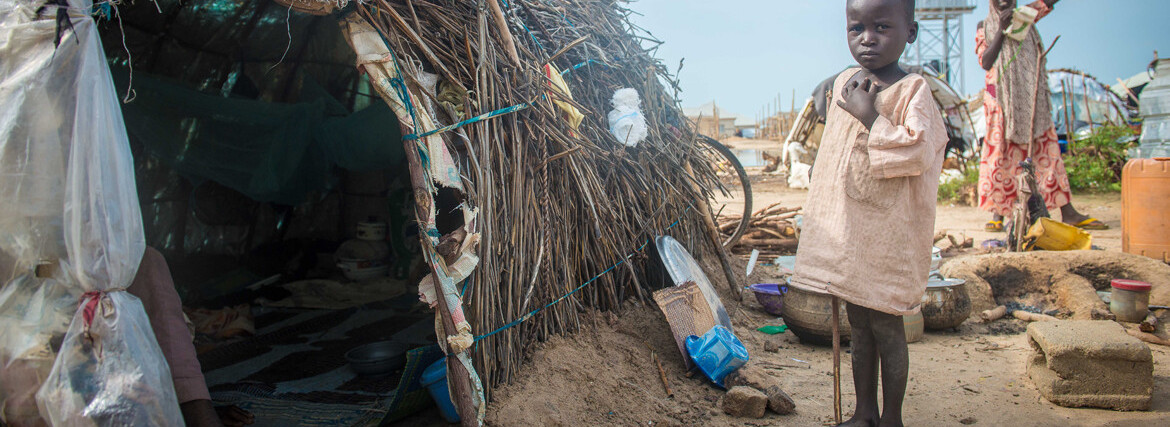The Situation
Almost seven years of violent conflict involving the group commonly known as Boko Haram and military operations to counter them has led to a devastating humanitarian crisis in the Lake Chad Basin region of West Africa. Around 21 million people live in the affected areas across the Lake Chad countries (Nigeria, Niger, Chad and Cameroon). However, the people at the centre of the crisis remain largely unseen and unassisted by the world.
Originating in northern-east Nigeria, the violence has spread across borders into neighboring Niger, Chad and Cameroon, forcing over 2.6 million people to flee their homes, abandon their farms and land. Some 9.2 million people are now in immediate need of humanitarian assistance across Nigeria, Chad, Niger and Cameroon. The lack of food is the cumulative impact of three years of lost farming seasons, or of crops and livestock left behind or looted. It is also the consequence the fighting, which has prevented people in towns and villages from leaving or food from coming in. This is Africa’s fastest growing displacement crisis, with alarming levels of sexual violence, human rights abuses and forced recruitment, even of young children.
In Nigeria, Chad, Niger and Cameroon, 6.3 million people face severe food insecurity; thousands are estimated to have died already due to hunger and malnutrition. Almost half a million children under five are severely malnourished across the region and, with the rainy season already in full swing, the risk of waterborne disease outbreaks, such as cholera, is high. People are in urgent need of food, water, medical care, and safety shelters.
Oxfam’s Response
So far, Oxfam has supported over 260,000 people since it began responding to the crisis in Nigeria in May 2014. Oxfam has continued to gradually extend its response to Niger and Chad. We plan to reach over 1.5 million people by the end of December 2017.
- We are providing people with emergency food, cash vouchers, seeds, and farming tools and extension services, such as agricultural training to farmers.
- We are installing water systems to make sure people have clean water to drink, and are distributing essential items such as cooking pots, buckets and water purifying tablets. We are also conducting public health education to prevent the spread of diseases.
- We also help women better protect themselves by raising their awareness of gender-based violence. For example, young female volunteers were provided with training in order to reach out to females who have suffered from violence.
Download the research report ‘Lake Chad’s Unseen Crisis – Voices of refugees and internally displaced people from Niger and Nigeria’ (August 2016)

